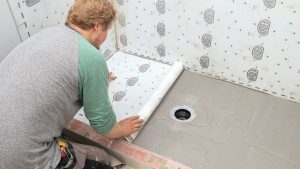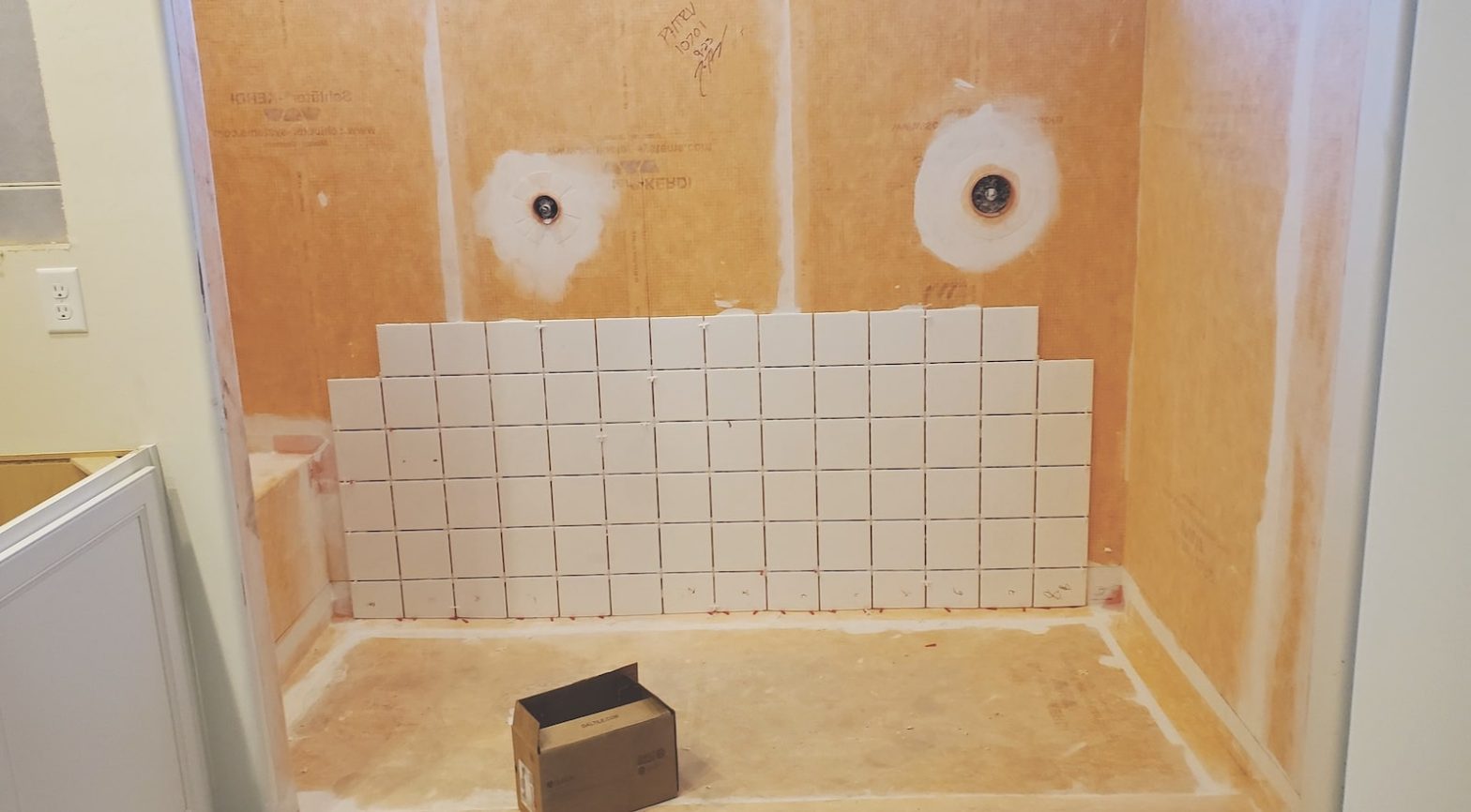Do Shower Walls Need Waterproofing?
Introduction
When it comes to building or renovating a bathroom, one crucial consideration is ensuring that shower walls are adequately protected against water damage. The question often arises: Do shower walls need waterproofing? In this article, we will delve into the importance of waterproofing, the potential consequences of neglecting it, and the various methods available to safeguard your shower walls.
The Importance of Waterproofing
1. Preventing Water Damage
Shower walls are constantly exposed to moisture, and without proper protection, they can fall victim to water damage. Water seepage through walls can lead to a host of problems, including mold growth, rot, and structural damage. Waterproofing acts as a barrier, preventing water from infiltrating the walls and causing these issues.
2. Extending the Lifespan of Materials
Shower walls are often constructed from materials like tile, grout, and drywall, which are susceptible to damage from prolonged exposure to moisture. Waterproofing not only protects these materials from water-related deterioration but also extends their lifespan. By investing in waterproofing, you can ensure the longevity of your bathroom surfaces.

3. Maintaining Aesthetic Appeal
Water damage not only compromises the structural integrity of shower walls but also affects the aesthetic appeal of your bathroom. Stains, discoloration, and peeling paint are common consequences of water infiltration. Waterproofing helps maintain the visual appeal of your bathroom by preventing unsightly damage caused by water exposure.
The Consequences of Neglecting Waterproofing
1. Mold and Mildew Growth
One of the primary consequences of failing to waterproof shower walls is the growth of mold and mildew. Moisture-laden walls provide an ideal environment for these fungi to thrive, leading to health concerns and unpleasant odors in your bathroom.
2. Structural Damage
Water damage can compromise the structural integrity of the walls and adjacent areas. Rotting wood, crumbling drywall, and weakened structural components are potential outcomes of prolonged exposure to moisture. Addressing structural damage can be not only costly but also disruptive to your daily life.
3. Decreased Property Value
Neglecting waterproofing in the bathroom can have a negative impact on the overall value of your property. Potential buyers are likely to be deterred by visible water damage, and addressing such issues during a home sale can be a complex and costly process.
Methods of Waterproofing
1. Waterproof Membranes
One common method of waterproofing shower walls is the use of waterproof membranes. These membranes, often made of materials like polyethylene or PVC, are applied to the walls before tiling. They create a barrier that prevents water from penetrating the underlying structure.
2. Liquid Waterproofing
Liquid waterproofing compounds are applied directly to the surface of shower walls, forming a protective layer that seals out moisture. These compounds are versatile and can be used on various materials, including concrete, cement backer board, and existing tiles.
3. Sealants and Grout Additives
In addition to membrane and liquid waterproofing, sealants and grout additives play a crucial role in preventing water infiltration. Sealants are applied to joints and seams, creating a watertight seal, while grout additives enhance the water-resistant properties of the grout between tiles.
Conclusion
In conclusion, the question of whether shower walls need waterproofing is met with a resounding yes. The importance of protecting your bathroom surfaces from water damage cannot be overstated, considering the potential consequences such as mold growth, structural damage, and decreased property value.
Investing in proper waterproofing methods, whether through membranes, liquid compounds, or sealants, is a proactive measure that pays off in the long run. Not only does it safeguard the structural integrity of your bathroom, but it also ensures that your investment in quality materials and design remains intact for years to come. Don’t overlook the significance of waterproofing when designing or renovating your bathroom—your walls will thank you for it.

